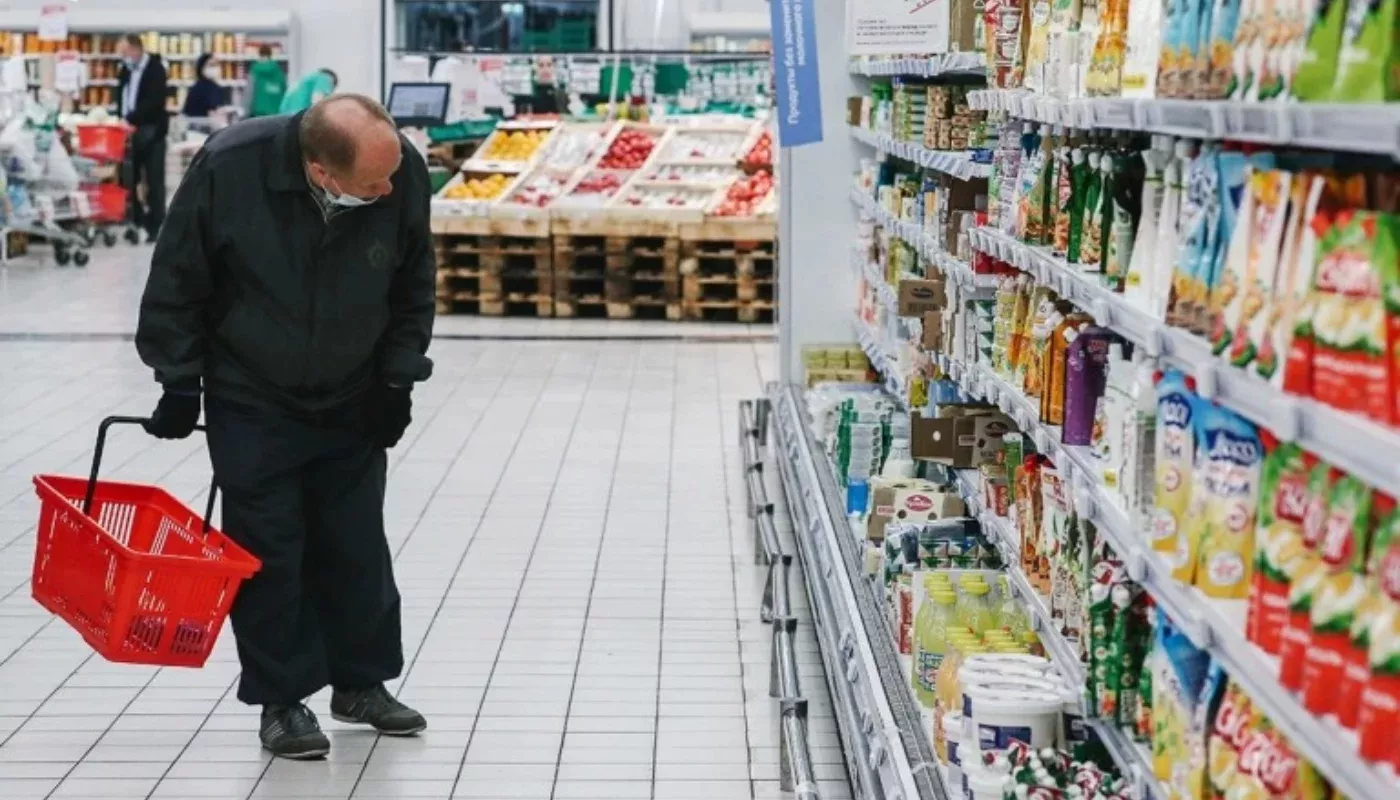
Photo: Andrey Lyubimov / RBK
While inflation is decreasing in many countries, consumer prices in Russia continue to rise. In February 2025, the annual inflation rate reached 10 percent. This is significantly higher than the Central Bank of Russia's target of 4 percent. In particular, the prices of fruits and vegetables have increased by more than 20 percent throughout 2024, creating serious economic pressure on the population.
Nevertheless, the Russian economy stands out from other markets with high inflation, as noted by The Economist.
The rise in inflation is attributed to several factors. Western sanctions have led to the depreciation of the ruble, making imported goods more expensive. Russian importers, trying to circumvent restrictions, are forced to operate through intermediary countries, which increases costs.
Additionally, labor shortages have arisen due to military mobilization and mass emigration. This has resulted in an 18 percent increase in wages in 2024 – a significant rise in labor costs that drives up the prices of goods and services.
The unemployment rate remains around 2 percent – a record low, which intensifies price pressure in the market.
The Russian government's high spending also plays a significant role in the rise of inflation. Military expenditures account for 7 percent of GDP: the government is allocating huge funds for defense, infrastructure, and social payments. This creates demand that exceeds supply, leading to price increases.
So far, inflation has not led to significant discontent. In 2024, real incomes of the population increased by 10 percent. Government subsidies and rising wages are mitigating the impact of rising prices on many Russians.
According to The Economist, the stability of this economic model is in question. If inflation remains high, the Central Bank may be forced to maintain the base rate, which has reached 21 percent, for an extended period, slowing economic growth. Additionally, if government spending decreases or consumers begin to act cautiously, Russia may face a serious economic downturn.
Another important issue is the long-term impact of a war economy. Transitioning from a war-based economic model to a balanced model in peacetime could pose a significant challenge for the Russian economy. If sanctions are not lifted, the prospects for economic growth will remain limited.
For now, the Russian government is showing that it is monitoring inflation and is prepared to endure it. However, history shows that high inflation can undermine public confidence in the long term, which could pose political risks for the Kremlin.